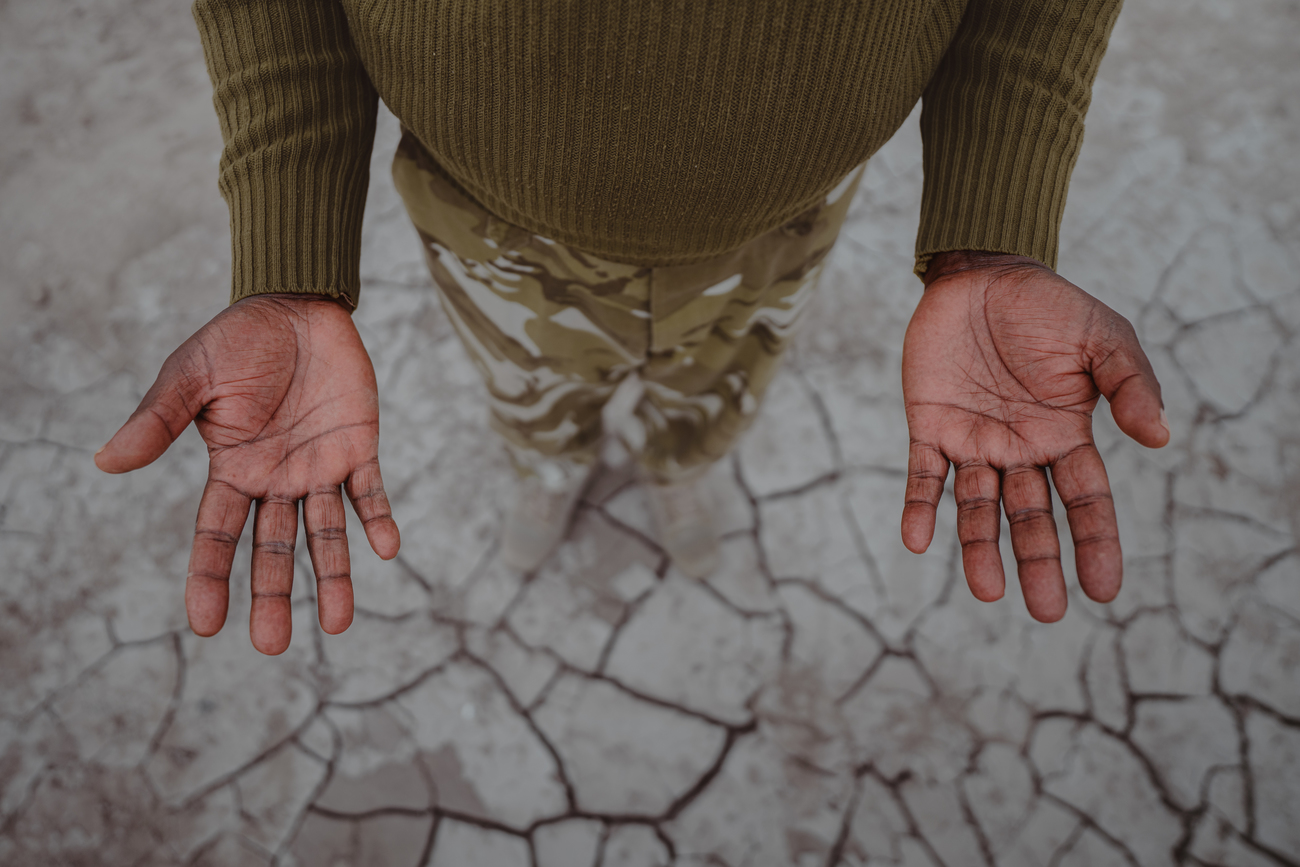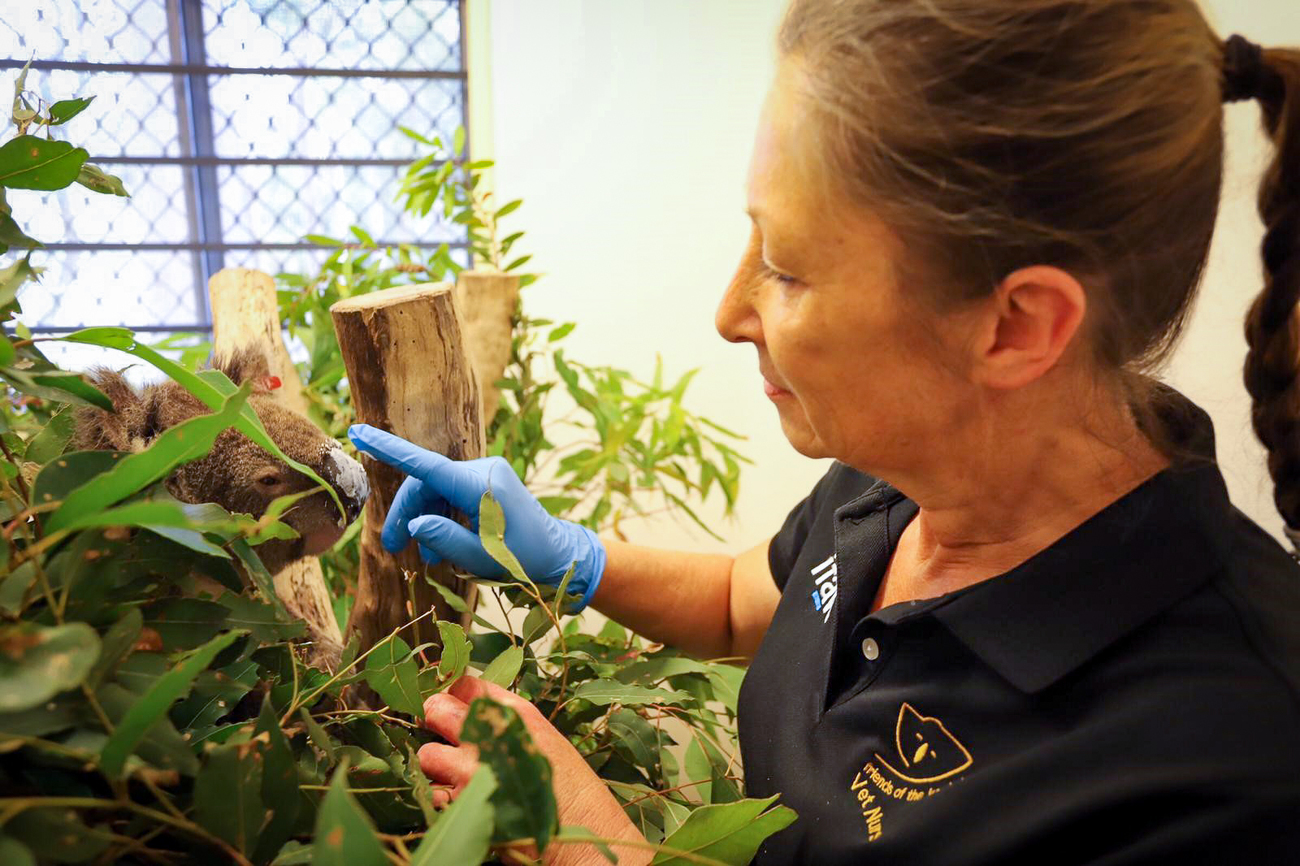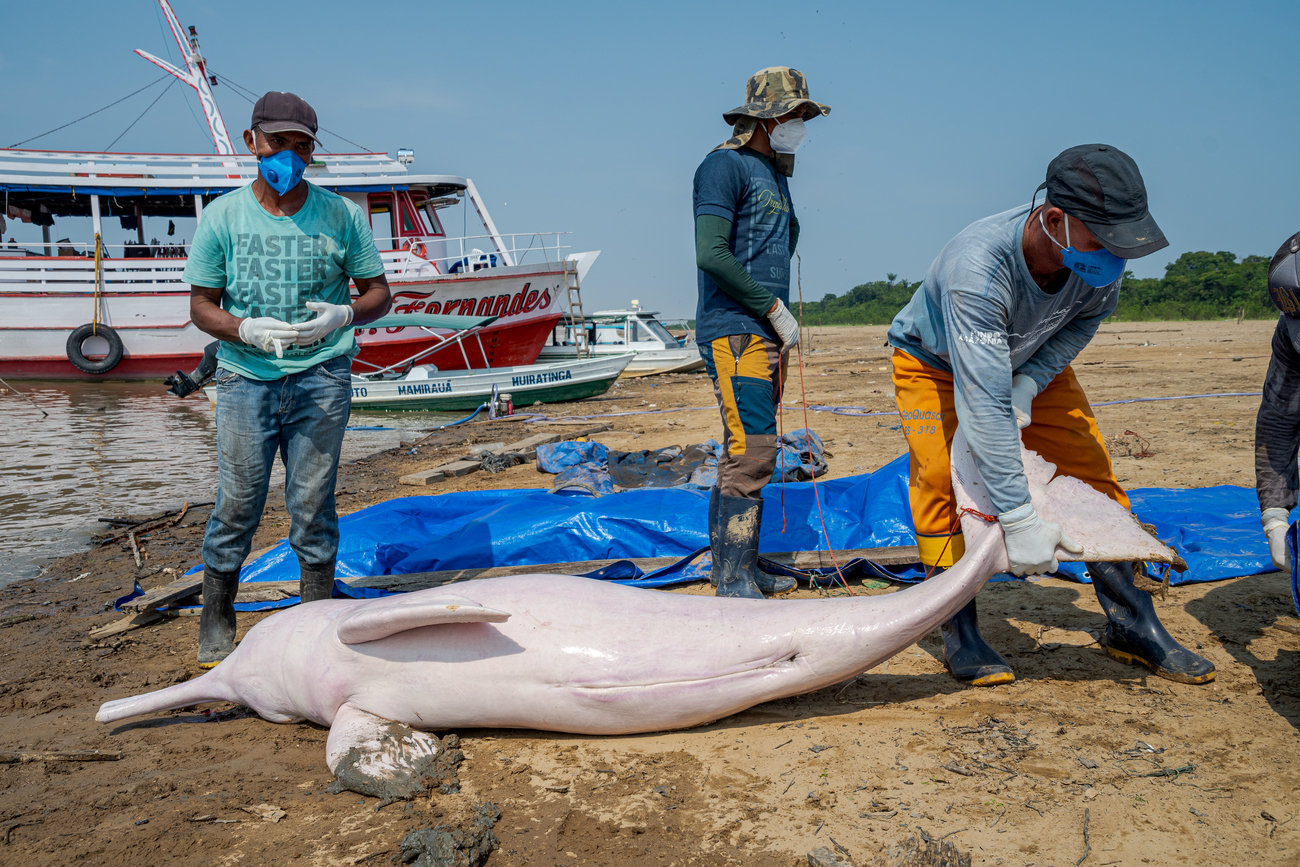Rescuing animals during disasters – Europe
save human lives by saving animals before, during and after disastersIt’s time to put ecological losses and damages on the negotiating table
It’s time to put ecological losses and damages on the negotiating table

While most countries experience extreme weather events under normal conditions, human-caused climate change is significantly increasing the scale and scope of the losses and damages they inflict.
In climate policy-speak, losses and damages refer to the negative impacts of climate change that cannot be avoided by climate mitigation and/or adaptation. Generally speaking, these negative impacts of climate change are experienced disproportionately by marginalised groups and people living in poverty in the Global South, where many people do not have access to the resources they need to adapt and cope with increasing climate shocks and stress.
Losses and damages are generally categorised as economic and non-economic. They can also be differentiated between the immediate, direct impacts of a climatic event (including the loss of lives, livelihoods, assets, and infrastructure) and the longer-term, secondary impacts that follow (such as disruption of health and education services, loss of cultural heritage or identity, forced migration, breakdown of social cohesion, stress, and other mental health effects).
The negative effects of climate change upon natural ecosystems and biodiversity can be referred to as ecological losses and damages. These include non-economic impacts on natural systems themselves, such as the extinction of a particular species or the damage caused to the structure of a particular ecosystem, and those that might affect human communities, such as the cultural impacts of ecological loss and damage for Indigenous Peoples. It also refers to the multiple types of economic losses and damages that people experience indirectly due to the reduction in the provision of ecosystem services due to climate shocks and stress.
A critical policy issue
For several decades, developing countries of the Global South—especially the Least Developed Countries and Small Island Developing States—have demanded that the rich, industrialised countries accept responsibility for causing climate change and for the losses and damages that they are experiencing. From the beginning of the United Nations Framework Convention on Climate Change (UNFCCC), these countries have demanded financial support to address these losses and damages and to prepare for those yet to come.
For decades, these demands went unheard, until last year at the 27th conference of the Parties to the UNFCCC (COP27) in Egypt, where a landmark agreement was finally struck to establish a dedicated fund to address losses and damages associated with climate change. This fund, developing countries hope, will gather contributions from wealthier countries and channel finances to help developing countries address the losses and damages they experience, in a manner that responds to local needs, guarantees human rights, and holds rich countries accountable for the consequences of their emissions.
Over the course of the past year, a series of tense negotiations have been held between developing countries and rich nations to hammer out the details of how this fund will be established, function, and be governed. While the tensions between the Parties threatened to collapse the negotiations at various points, an agreement was reached at the final meeting in Abu Dhabi in November 2023
The draft agreement on the Loss and Damage Fund is now expected to be approved at COP28 this month. This marks a breakthrough, as it will mobilise the first finance under the UNFCCC to address losses and damages in developing countries and will hopefully hail a new era for countries responding to and recovering from climate impacts.
However, many developing countries and civil society organisations are unhappy with the agreement. They do not want to see the Fund hosted by the World Bank—even as an interim measure—and expressed concern that the agreement failed to make strong commitments on human rights, lacked any indication of the scale of finance that would be made available, gave insufficient guarantees that affected communities will directly benefit from the fund and have a say in decision-making, and did not make contributions mandatory for polluter countries.
Ecological loss and damage: Key questions
Despite this progress, many questions remain unanswered on ecological loss and damage.
Debates on Loss and Damage have so far tended to focus on the human and economic impacts of climate change, with a focus on the need to mobilise humanitarian responses and recovery operations to repair damaged infrastructure and public services and support livelihoods recovery. While these issues are of the utmost importance, the significance of ecological losses and damages has largely been neglected.
This oversight needs to be tackled soon. With every increment of global heating, the negative impacts on ecosystems escalate, exacerbating the losses and damages experienced by people and animals. We are losing ecosystem services that make landscapes resilient to climate change, and landscapes are losing their ability to store CO2. It is time for ecological losses and damages to be put squarely on the negotiating table.

COP28 therefore offers a timely opportunity to ask urgent questions about ecological losses and damages and move towards some agreement on necessary collective actions. These should include questions such as:
Understanding and measuring ecological losses and damages
- How should ecological loss and damage be defined?
- How should the ecological impacts of climate change be categorised and measured?
- What is the extent of ecological losses and damages in developing countries to date, both economic and non-economic? What data gaps exist and how can they be filled?
- What are the risks of ecological losses and damages in the future under different climate scenarios in highly vulnerable countries or landscapes?
- How can we quantify ecological losses and damages accurately—both those that have happened and those that are likely to happen in the future? Do we have the tools to make robust estimates?
- How can we estimate the value of ecological losses and damages, taking into account both their economic and non-economic value? Do we need new methodologies or approaches?
Addressing ecological losses and damages
- How can we deploy effective responses to address ecological losses and damages in both situations of extreme weather events and slow-onset processes? What evidence is there for effective responses in different ecosystems and with different species?
- How can we effectively support ecosystems and species to recover from climate shocks and stress? What new capacities are needed, by whom, and where?
- How can nature-based solutions be used to address ecological losses and damages effectively? What kinds of nature-based solutions need to be scaled up and where?
- What principles need to be followed when addressing ecological losses and damages in different contexts?
Governance and finance
- Which institutions/organisations need to be mobilised to address ecological loss and damage? Are new institutional and/or governance arrangements required to do so—locally, nationally, and internationally?
- What kinds of financial instruments are required to effectively address ecological losses and damages in developing countries? Do the right instruments exist? If so, how can they be deployed more effectively? If not, how can they be developed?
- What quantum of finance is going to be required to address ecological losses and damages globally and in specific hotspots of the Global South? How can that level of finance be mobilised quickly enough to address the already occurring effects of climate change?
International policy and accountability
- How can ecological losses and damages be included explicitly in the decisions on the Loss and Damage Fund at COP28 and beyond?
- How can efforts to address ecological losses and damages also support the achievement of other goals under the Paris Agreement and other Rio Conventions such as the Convention on Biological Diversity (CBD) and Convention on International Trade in Endangered Species?
- How can polluter countries be held accountable for the ecological impacts of global heating, and what role can the private sector play in addressing ecological losses and damages?
Once these questions are answered, countries can integrate actions to address ecological losses and damages into their plans and demand financial support from rich countries and finance providers. Furthermore, we will have a clear basis on which to call for the inclusion of ecological losses and damages in the design and implementation of the Loss and Damage Fund or to explore the possibility of establishing a stand-alone fund to address the negative impacts of climate change on biodiversity.
How IFAW is tackling ecological losses and damages

Rescuing animals affected by disasters and helping them and their habitats to recover are at the very heart of IFAW’s mission. From dolphins and whales that have been stranded on the coast of New England and Amazon dolphins impacted by high temperatures and low water levels to koalas impacted by wildfires in Australia and elephants affected by drought in Africa, animals need our help, and IFAW is there working with local communities and other actors to save them. We not only help nurse them back to health but also work to restore their habitats so they can withstand the next disaster better than the last.
We also look to the future and examine the risks that climate change poses to animals and their habitats, taking action through initiatives like Room to Roam to build climate resilient landscapes in which animals and people can thrive together in a changing environment.
At COP28 we’ll be making the case that ecological losses and damages need to be taken seriously and accounted for in the Loss and Damage Fund and national climate action plans. We’ll be asking many of the questions listed above in a side event at the Nature Pavilion in the official Blue Zone, and speaking on behalf of animals across the conference, highlighting the importance of wildlife for climate mitigation and explaining why it is so important not only to restore vegetation but also to actively support, rescue, and recover individual animals.
Related content
Every problem has a solution, every solution needs support.
The problems we face are urgent, complicated, and resistant to change. Real solutions demand creativity, hard work and involvement from people like you.